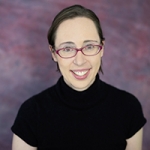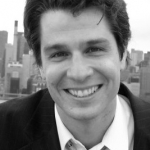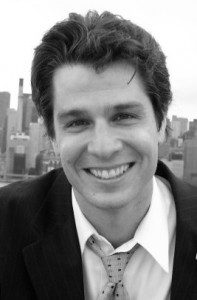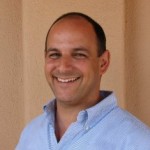
Mr. Robert Lynch
The Passion of Arts Advocates Driving Change: Kennedy, U.S. Lawmakers, and You
Posted by Mar 30, 2016

Mr. Robert Lynch
Earlier this month I was in Cambridge, Massachusetts, giving a lecture on arts and public policy at the Harvard Kennedy School’s Institute of Policy. In lieu of standard hotel accommodations, I was offered the chance to stay in John F. Kennedy's senior year suite in Winthrop House—and of course I jumped at it. Sitting down at Kennedy’s desk—complete with an Underwood portable typewriter—I was profoundly moved. I thought of his inspiring words and they resonated with the event and work of the week to come, Arts Advocacy Day, when citizen advocates take to Capitol Hill to make the case for federal support for the arts and arts education.
I am certain that after the dust of centuries has passed over our cities, we, too, will be remembered not for victories or defeats in battle or in politics, but for our contribution to the human spirit.
Read More












